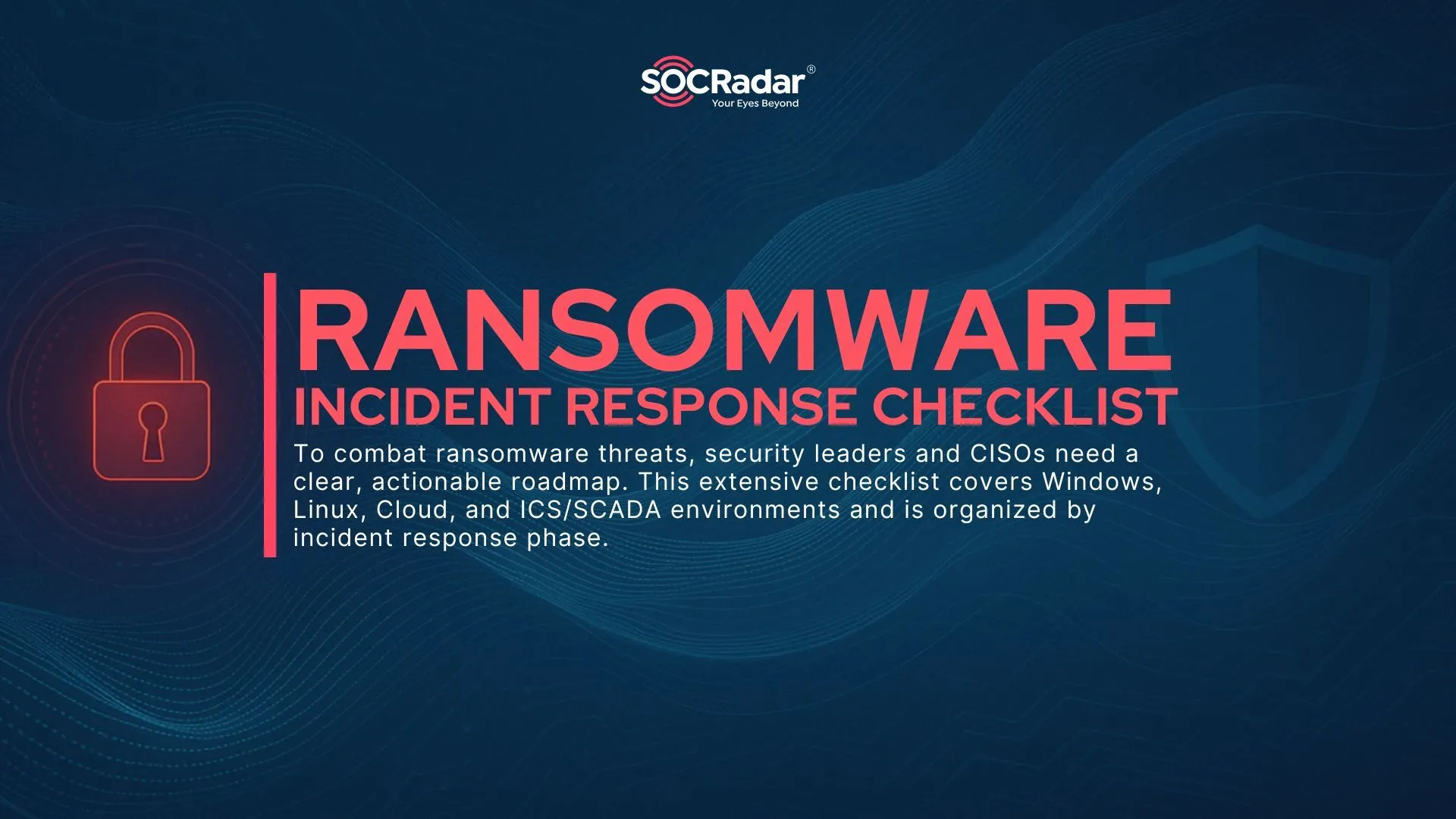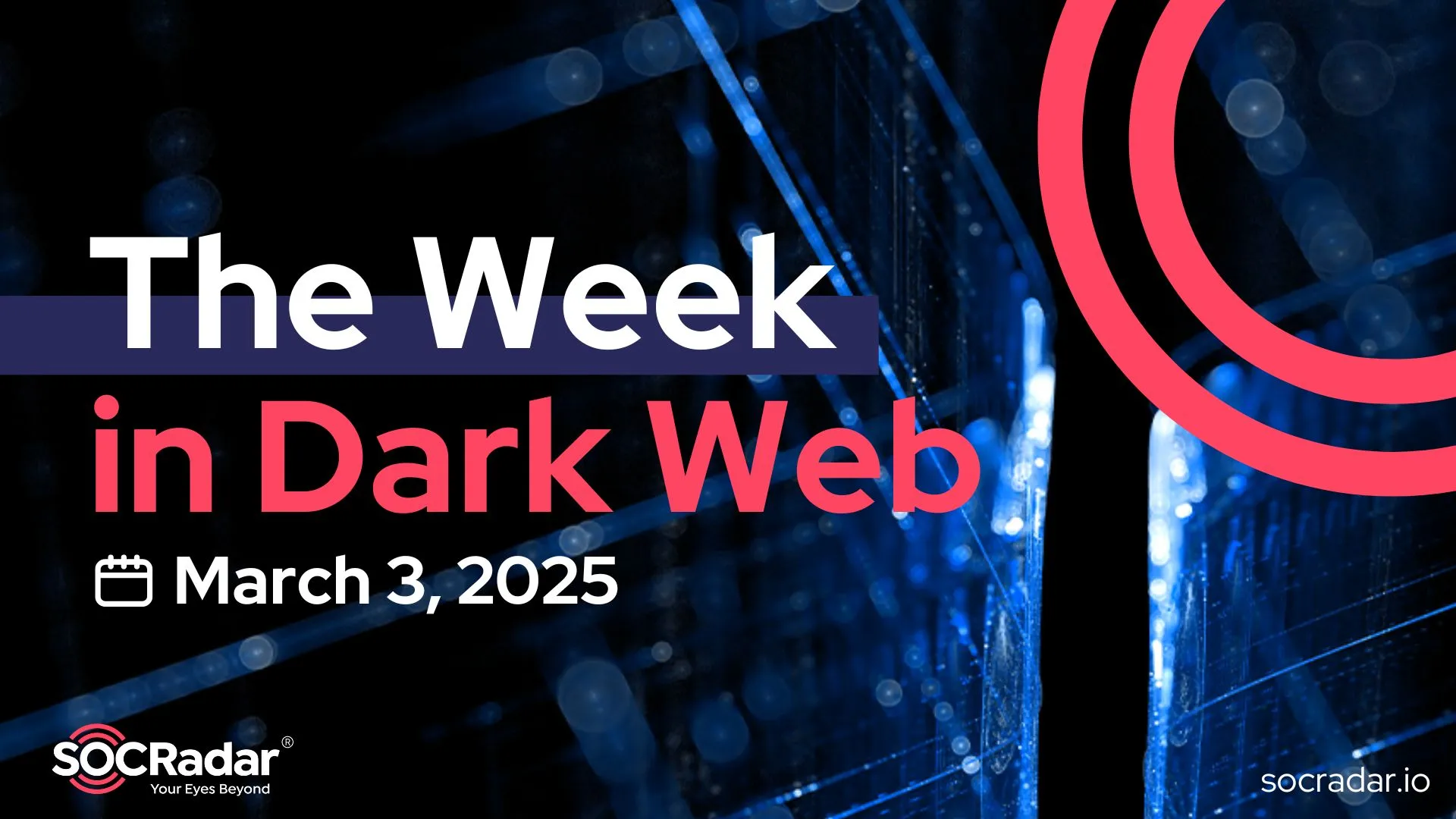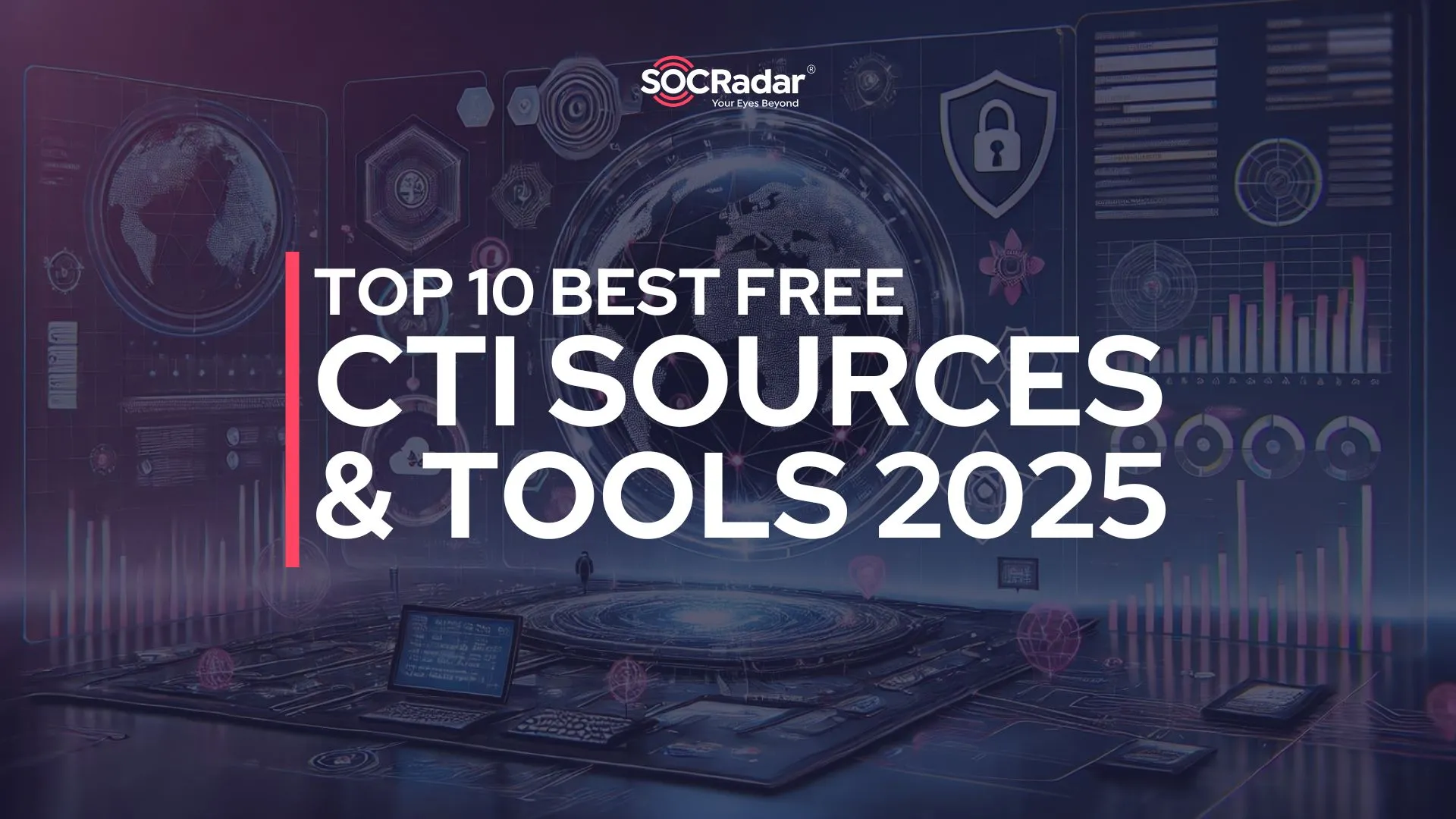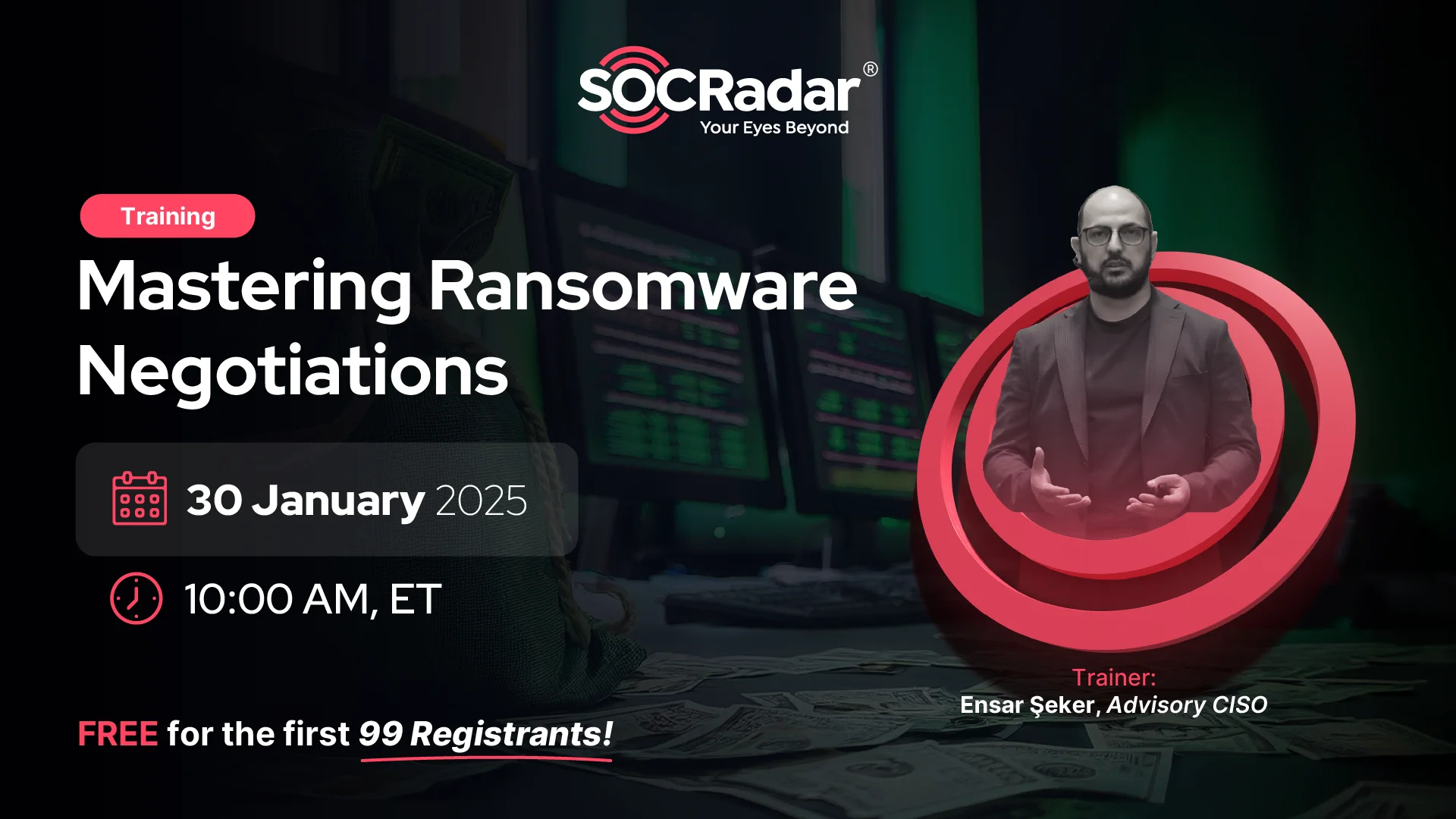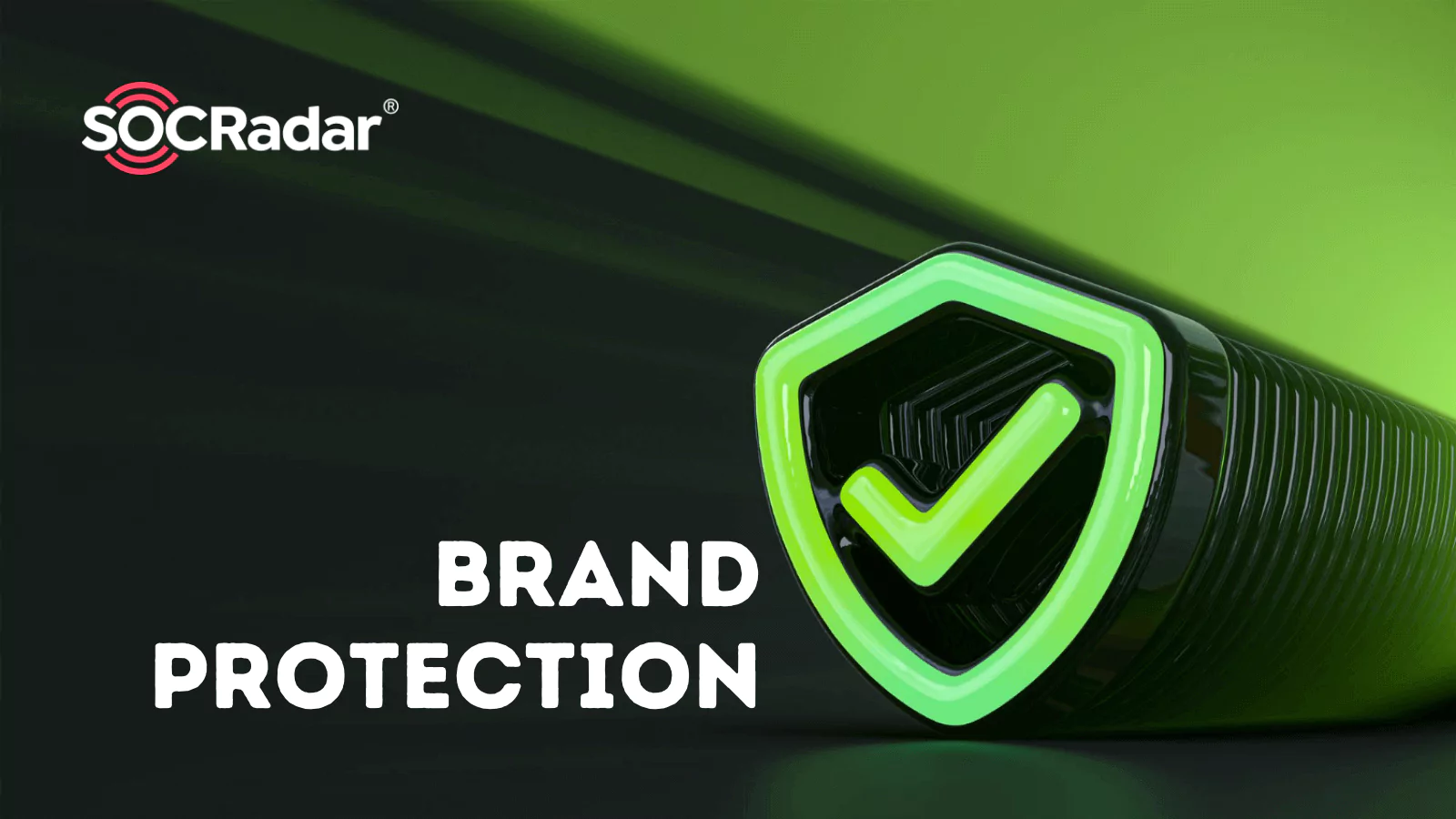
How Can Reinforce Your Brand Protection Against Cyber Threats?
The rapidity with which businesses have transitioned to a digital business environment has created new unique difficulties that they must confront to secure essential and sensitive corporate data. Companies must discover brand protection solutions to mitigate their growing exposure to cyber-related threats as they expand their commitment to remote workforces.
What Are The Usual Cyber Threats Against Brands?
Phishing
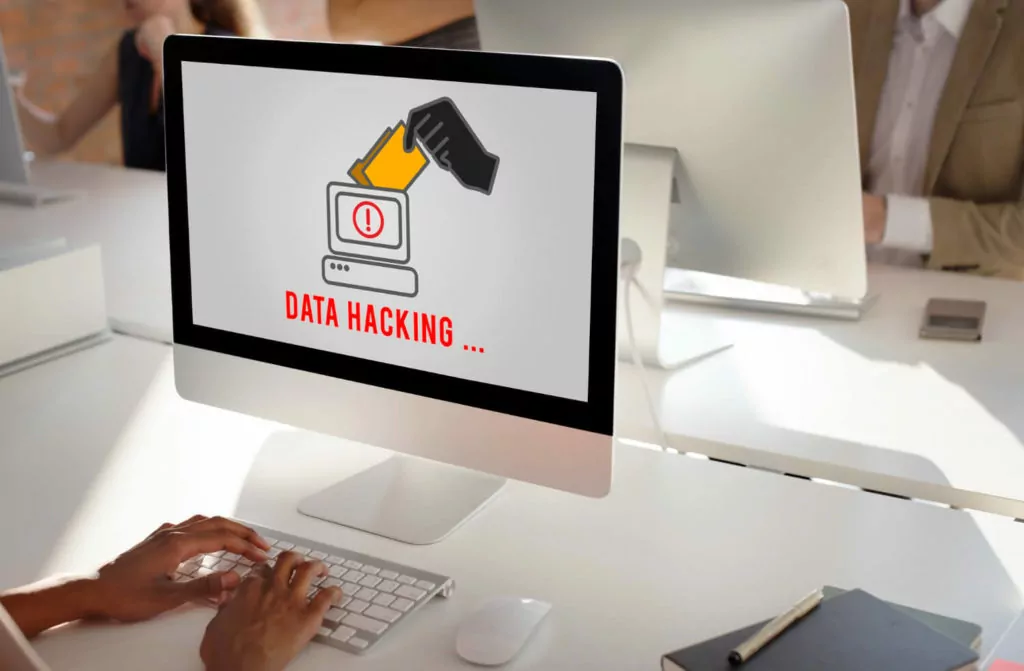
The most serious, damaging, and common threat to small businesses is phishing. When an attacker impersonates a trusted contact, the victim is persuaded to click on a malicious link, download a malicious file, or reveal sensitive information, account information, or passwords.
The fact that phishing attempts are so tricky to detect makes them so dangerous. Instead of focusing on technological flaws, they employ social engineering to target humans within a company.
Malware
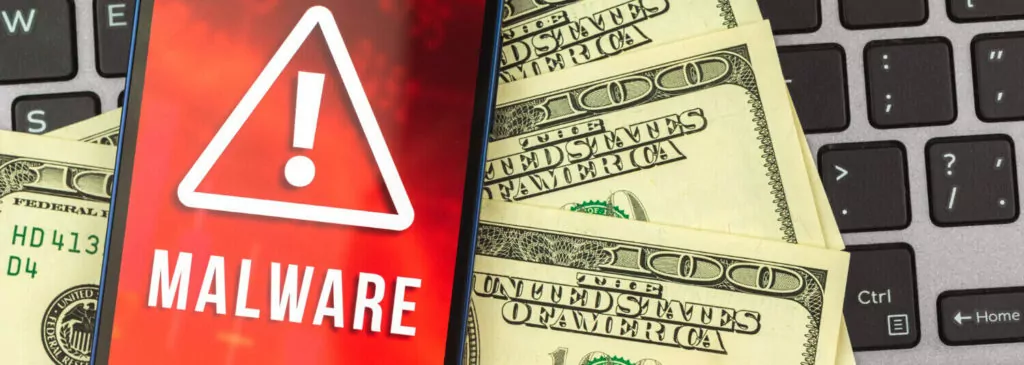
Malware is the second most significant threat to small businesses. It covers a wide range of cyber dangers, including trojans and viruses. Malware refers to malicious code written by hackers to gain access to networks, steal data, or destroy data on systems. Malware is most commonly distributed by malicious website downloads, spam emails, and connecting to infected machines.
Businesses can avoid malware attacks and strengthen their brand protection by using robust technology defenses. Endpoint protection systems protect devices from malware downloads and give administrators a central control panel to manage devices and ensure that everyone’s security is updated. Web security is also essential because it keeps individuals from visiting dangerous websites or installing malicious software.
Ransomware
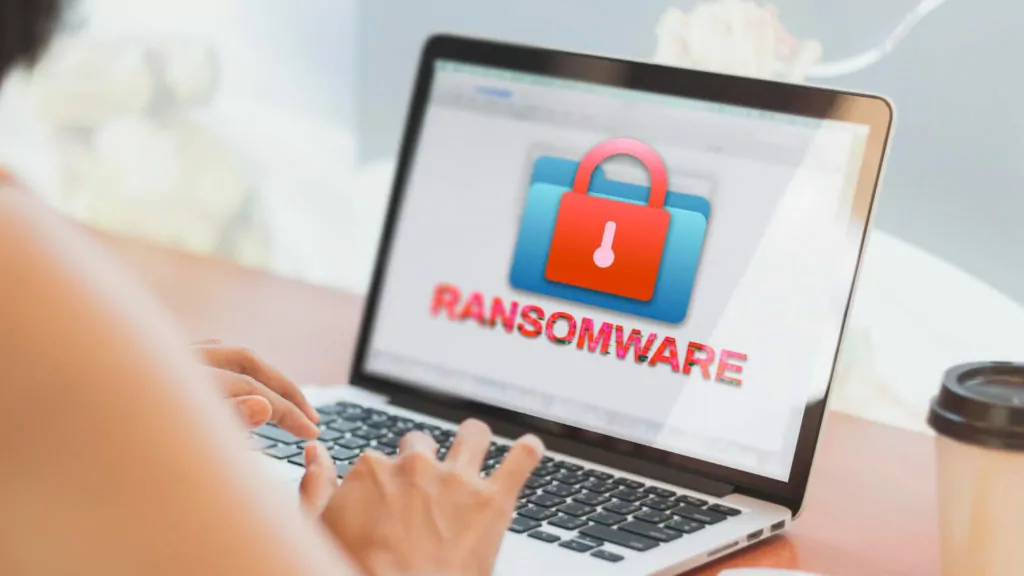
Hundreds of businesses are affected every year by ransomware. They have grown in popularity as they are one of the most profitable attacks.
Ransomware encrypts corporate data so that it cannot be used or accessed and requires organizations to pay a ransom to unlock the data. Companies face tough decisions: paying the ransom and risk losing a large sum of money or having their services crippled due to data loss.
Businesses should consider implementing a secure cloud backup solution. These systems securely back up company data on the cloud, reducing the risk of data loss. Organizations can choose from various data backup techniques, so it’s crucial to do your homework to choose the one that’ll work best for you and your brand protection.
5 Tips for Digital Brand Protection
1-Encrypt and backup data

An effective cybercrime defense strategy should have two components: preventing physical access to sensitive data and rendering that data useless if it gets into the wrong hands. Companies can do the latter by encrypting their data at all times.
Be sure to encrypt all sensitive data, including:
- employee information
- customer information
- business data
- full-disk encryption
2-Replace passwords with passphrases

Secure passwords should have upper and lower case letters, digits, and special characters and be at least 14 characters long. It should also be unpredictable — that is, the words should have no relation to one another — and unique — that is, it should not be used for any other accounts.
3-Educate your employees

Discuss with your staff their responsibilities for securing and protecting the information of their coworkers, customers, and the firm. Have policies in place, so they know what behaviors are acceptable and what behaviors are not.
Limit the number of people who have administrative access within the firm. This will reduce the number of programs they can download, lowering the danger of downloading viruses and harmful malware.
4-Think physical

Cyber risks aren’t limited internet; they can also come from within the firm or from a third-party, such as a contractor. As a result, it’s critical to limit employee and third-party access to IT equipment, systems, and data to the bare minimum.
To avoid unwanted access, keep goods physically secure. It’s also a good idea to restrict the usage of removable media like USB drives, CDs, and DVDs. Also, secure digital cards, and safeguard any data saved on them to avoid data loss and virus installation.
Maintain an inventory of all IT hardware and software and a secure standard configuration for all current and future IT equipment your company utilizes.
5-Conduct audits regularly
Although you can’t eliminate the risk of cyber attacks, you can take steps to monitor and assess the cyber security frequently you do have. This guarantees that the system you have in place is functional finds any flaws, and strengthens your brand protection without causing severe business disruption.
How SOCRadar Can Help With Brand Protection
With SOCRadar’s Brand Monitoring tool, you can monitor your online reputation and be aware of potential threats to or abuse your brand. RiskPrime can help you detect cybercriminal activities such as fraud or phishing on social media platforms of threat actors in real-time.
With RiskPrime‘s Brand Monitoring module;
- Find out about social media accounts created using your brand name.
- Detect activities of APT groups and current cyber threats.
- Monitor campaigns that may cause your brand to lose its reputation.
Discover SOCRadar® Free Edition
With SOCRadar® Free Edition, you’ll be able to:
- Discover your unknown hacker-exposed assets
- Check if your IP addresses tagged as malicious
- Monitor your domain name on hacked websites and phishing databases
- Get notified when a critical zero-day vulnerability is disclosed
Free for 12 months for 1 corporate domain and 100 auto-discovered digital assets.
Get free access




























